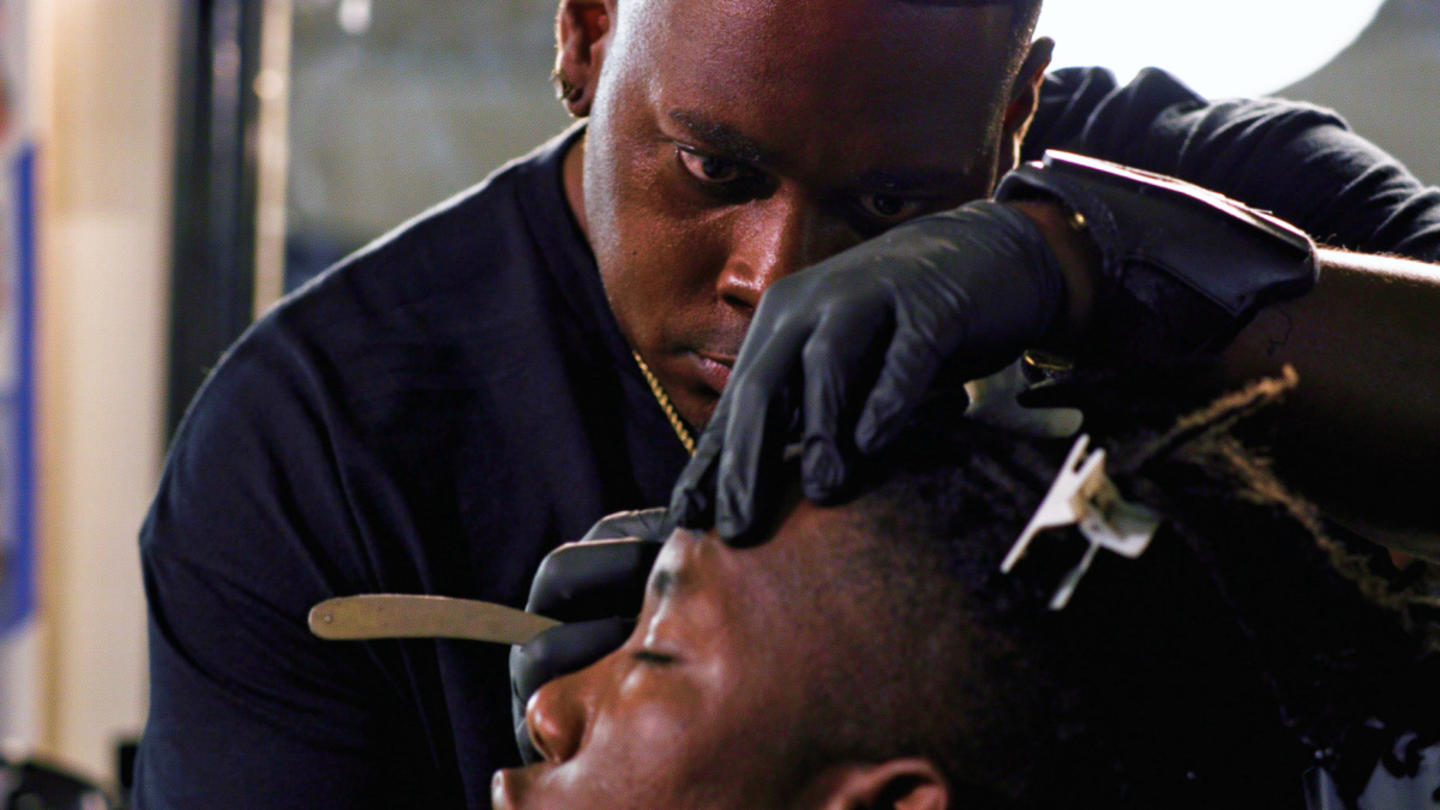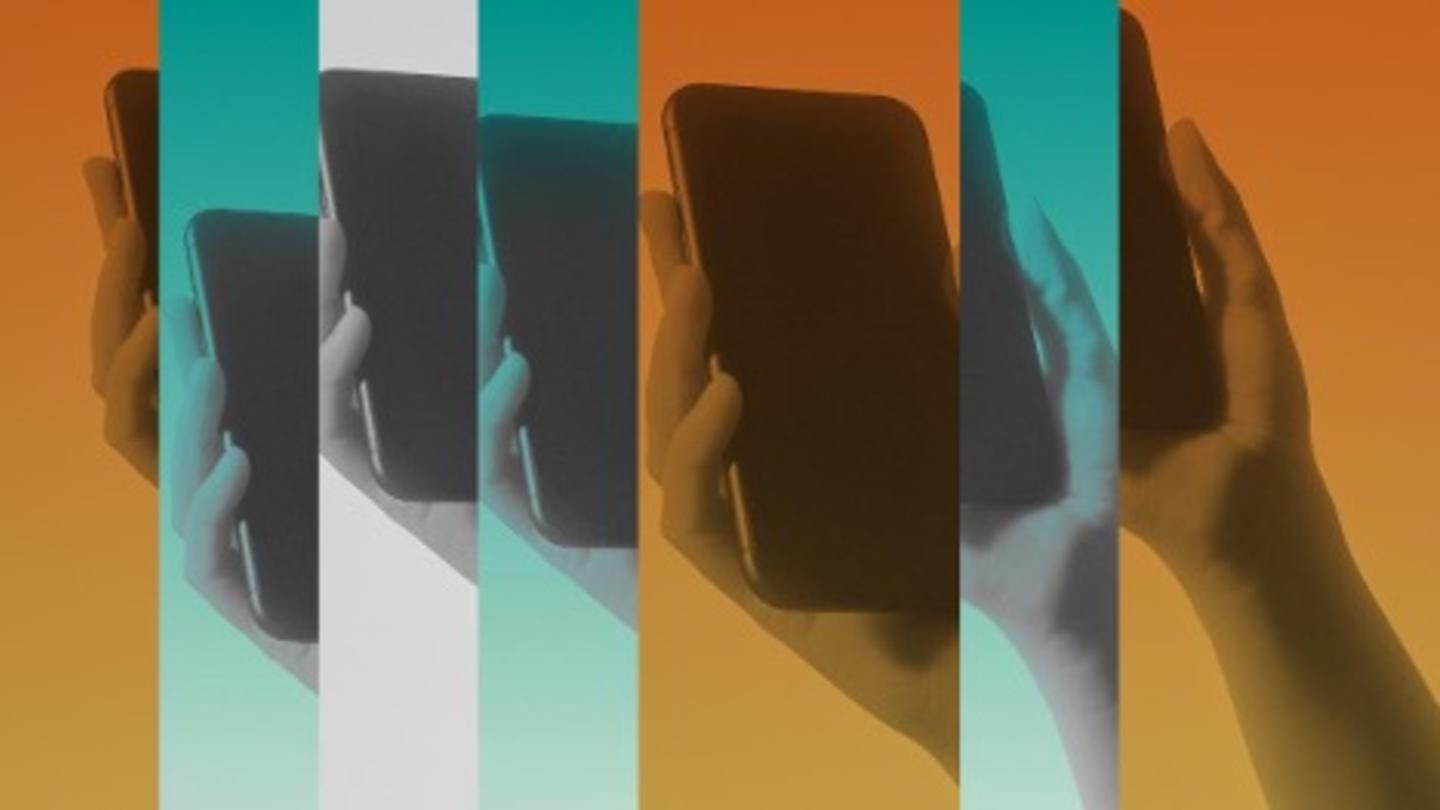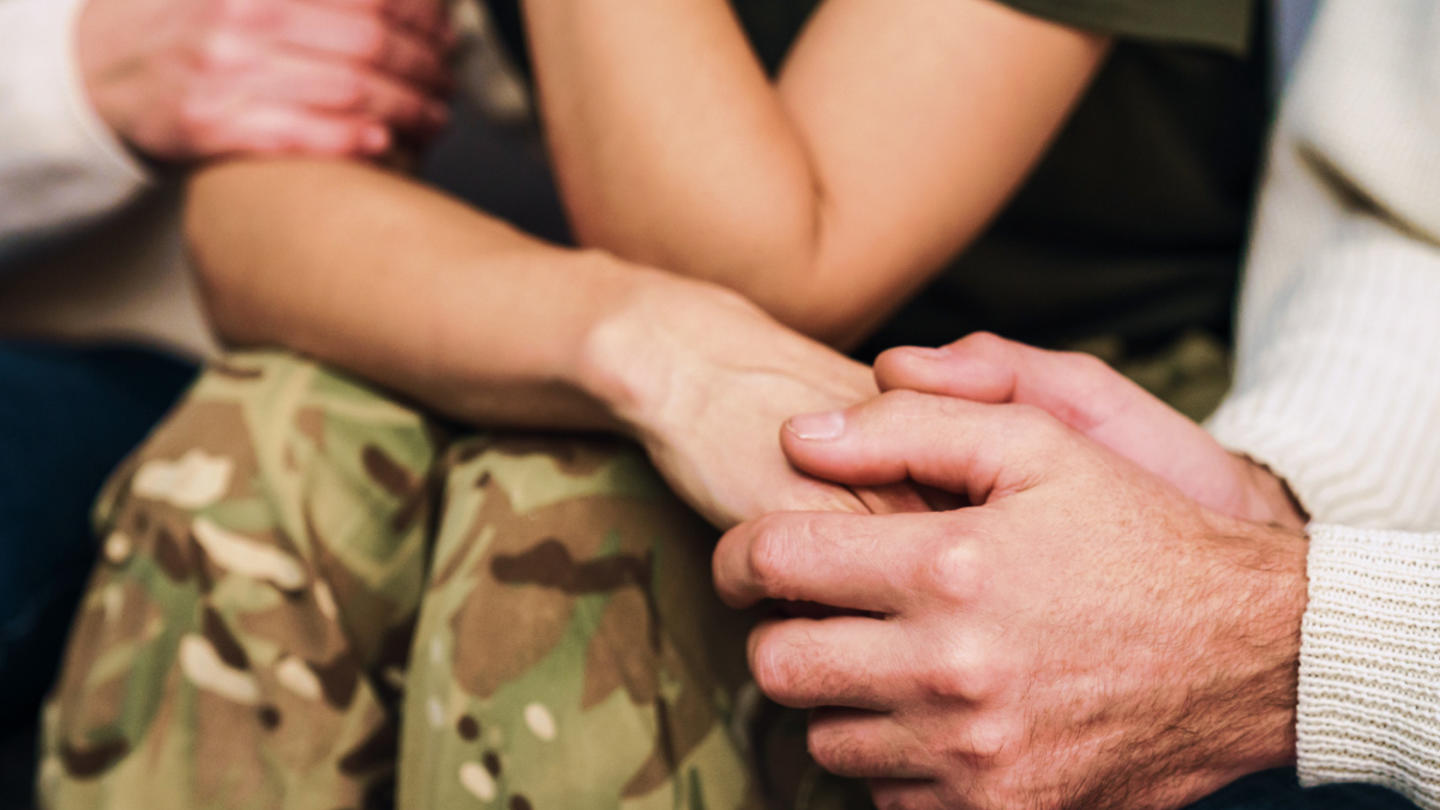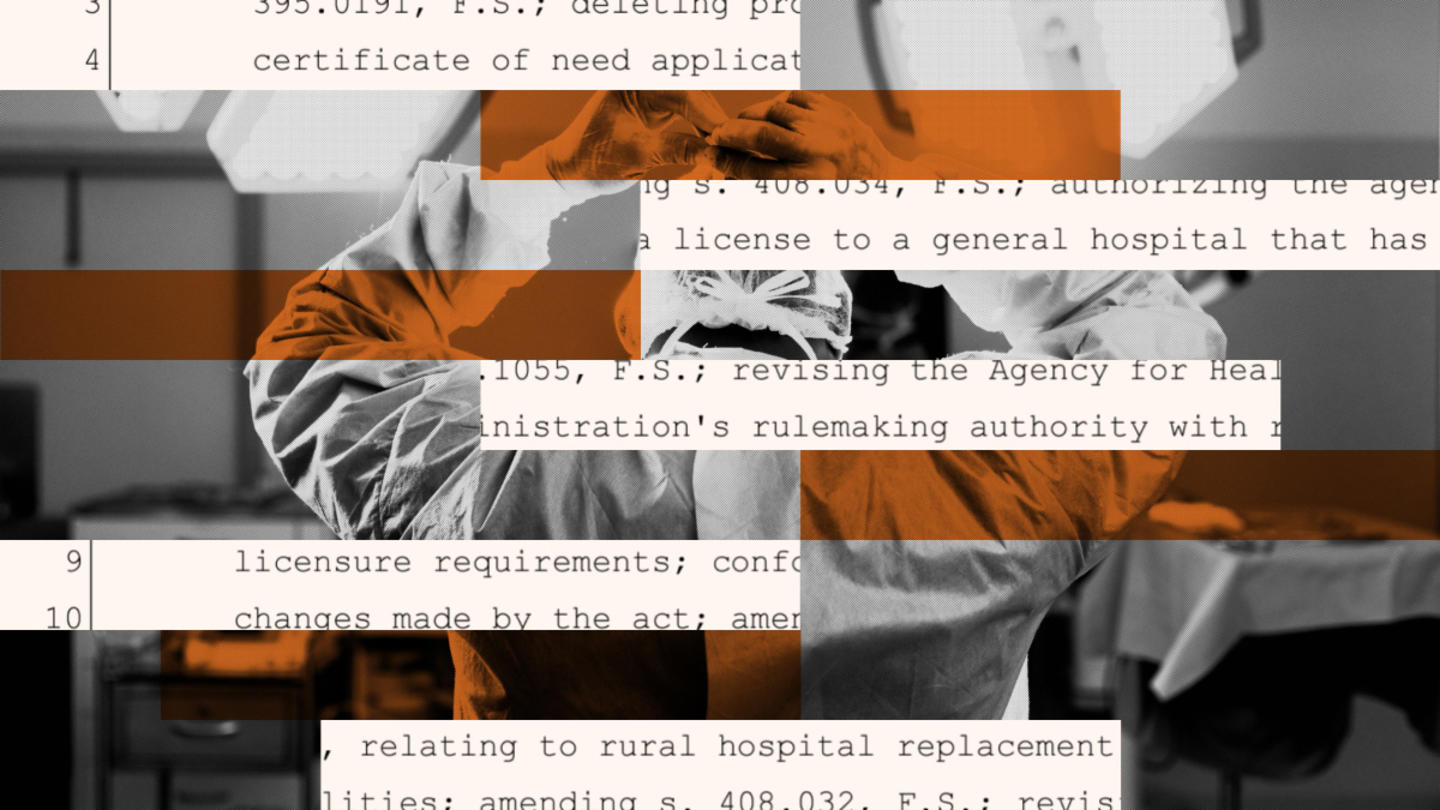About one in five Americans experiences a mental health problem each year, while one in 20 suffers serious mental illness. In addition to personal anguish, mental health problems impact individuals and their communities in myriad ways — including increased risk of cardiovascular disease, substance abuse, unemployment, family strain, incarceration, and early death.
According to the National Survey on Drug Use and Health, Black males are more likely to suffer major mental health issues, yet less than 40% receive mental health services.
The Confess Project is working to change this by training barbers to be mental health mentors. Their "Beyond the Shop" program has trained over 1,400 barbers across 47 cities on how to provide support and guidance for black men and boys facing mental health struggles.
"When a person's mental health is prioritized, it allows them to become the best version of themselves," says Lorenzo P. Lewis, the founder of The Confess Project.
Mental health mentors play a critical role
The fact that Black people suffer higher rates of major mental health problems than their white counterparts is in no small part a result of historical race-based inequality. Additionally, Black people are disproportionately more likely to experience traumatic events related to violence and poverty.
Despite this, Black people are still less likely to seek mental health services. Some report that they are more likely to distrust the US medical system. Additionally, barriers to access medical services continue to exist. Transportation, cost, and availability all reduce treatment access in Black communities. What's more, Black communities are subject to a generalized stigma around mental and behavioral health services. "Some of the barriers of why people, and Black people particularly, are not seeking treatment is because of the stigma and shame in mental health," says. Lewis.
Without treatment, mental problems are more likely to progress. This can cause clinical depression, relationship issues, and other severe health problems. "In the Black community – with males, period – we keep a lot of stuff bottled in," explains Confess Project barber Carlin Brown. "My friend committed suicide. I haven't felt a pain like that ever."
Why Black-Owned Barbershops?
Barbershops are a mainstay of Black communities, with over 100,000 barbers providing services across the U.S. in rural, suburban, and urban areas. Barbershops provide a space for Black men across generations to come together, get to know each other, and talk.
Barbers are considered "gatekeepers" because they are active community members well-positioned to help others and share information. "Barbershops have always been seen as a way to get information out," says Lewis. "It's been done like this since the 60s, during the civil rights era when they organized in barbershops."
Unlike formal therapy, which can be expensive and time-limited, many barbershop customers come to the same shop multiple times a month for years. And part of a barber's job is simply to listen. "It's more than just a haircut with me," says Brown. "I want to reach out and relate and really build relationships with my clients."
These trusting relationships help many clients open up. Many customers view barbershops as a place for emotional and social support. "There's been times when I'm going through a tough patch, and I go in that chair," says one long-term customer named Dre. "Just being able to get it off my chest, that might be what gets me through."
The Confess Project's free mental health mentor training
Barbers without training may feel uncomfortable discussing mental health-related issues. But research finds that targeted training can provide the knowledge, skills, and confidence needed to identify mental health problems and assist others.
The Confess Project's free training is a year-long course designed to encourage dialogue and promote emotional health. It was designed in consultation with experts in mental health and education. "The barbers that pass through the Confess Project can do a few things," says Lewis. "That is: listening better, communicating in a positive way, reducing the stigma of mental health, and also being able to help impact their communities in the best way."
The Confess Project's impact
The Confess Project estimates that its barbers reached 1 million people in 2021 and will reach 2 million in 2022. The response is overwhelmingly positive. One study, which interviewed 32 barbers, concluded that black barbers could create lasting change and help provide much-needed mental health care. Early research finds that barber-based programs may also be effective internationally.
"In the earlier days, it was a very hard pull to get barbers engaged in our work because talking about mental health was a very uncomfortable topic," explains Lewis. "Today, we have made such a ripple effect; barbers all over the country are wanting to work with us."
The feedback from clients is just as persuasive, with many reporting they view their barbershop as a source of social support. "Us as men, we try to bottle it up inside and may not want to speak on it," says Dre, who is also a new father. "Every haircut I try to take something I can apply to my life."
The future of the Confess Project – beyond black-owned barbershops
The Confess Project is not stopping at barbershops. It has already begun to expand to other gatekeeping professions with the aim of reaching more people. "With 40 million people needing desperate help with their mental health," Lewis says, "the model that we've put in place can really be translated to social workers, teachers, and coaches."
The Confess Project currently provides courses to help community members and leaders address childhood adversity and trauma, build resilience, and prevent suicide. And it is working with governments, universities, and other organizations to address the intersection of mental health with issues like gender inequality, education, and violence.
"When a person's mental health is prioritized, it allows them to become the best version of themselves," says Lewis. "To have stronger relationships with their families, their children, their loved ones. And I believe that's what we truly need in our communities today."
The Confess Project is supported by Stand Together Foundation, which partners with the nation’s most transformative nonprofits to break the cycle of poverty.
Learn more about Stand Together's health care reform efforts and explore ways you can partner with us.




